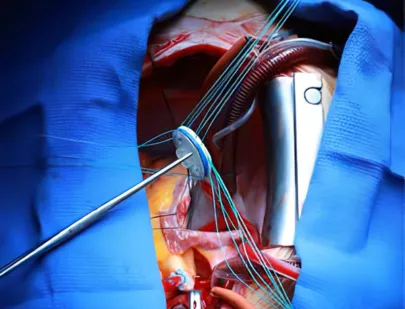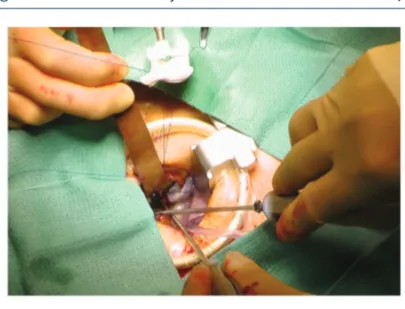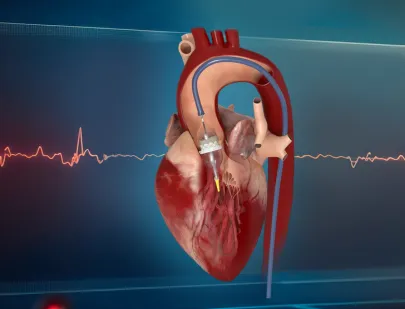Phone : +919810364480

-
Understanding Cardiac Valves: Essential Components of Heart Function
Cardiac valves are essential structures within the heart that regulate blood flow between its chambers and into the circulatory system. There are four main valves: the mitral valve, tricuspid valve, aortic valve, and pulmonary valve. These valves open and close in response to pressure changes during each heartbeat, ensuring blood flows in the correct direction through the heart and body. Any malfunction or damage to these valves can disrupt normal blood flow and cardiac function, leading to conditions that may require repair or replacement.
-
Causes Leading to Cardiac Valve Repair and Replacement
Several factors can lead to situations necessitating cardiac valve repair or replacement. Congenital heart defects, where valves are malformed from birth, can predispose individuals to valve dysfunction later in life. Degenerative changes associated with aging, such as valve thickening or calcification, can also impair valve function. Other causes include infective endocarditis, a bacterial infection of the heart valves, and rheumatic fever, which can lead to scarring and narrowing of the valves over time. These conditions may result in symptoms such as chest pain, shortness of breath, fatigue, or heart palpitations, prompting medical evaluation and consideration of surgical intervention.
-
Conditions Requiring Surgical Intervention for Cardiac Valves
Cardiac valve repair and replacement surgeries are performed to restore proper valve function and alleviate symptoms associated with valve disorders. Valve repair aims to preserve the patient's own valve tissue whenever possible, correcting abnormalities such as valve leaks or narrowing. In cases where repair is not feasible, valve replacement may be necessary, involving the implantation of either mechanical or biological prosthetic valves. Advances in surgical techniques, including minimally invasive approaches and transcatheter procedures, have expanded treatment options, offering patients safer and more effective alternatives to traditional open-heart surgery. Early diagnosis, careful monitoring, and timely intervention are crucial in managing cardiac valve disorders and improving long-term outcomes for patients.
Types of Cardiac Valve Surgery: Comprehensive Overview
Diverse Approaches for Different Valve Conditions

- Valve Repair: Preserves natural valve tissue when feasible
- Valve Replacement: Options include mechanical and biological prosthetics
- Minimally Invasive Surgery: Keyhole techniques reduce recovery time
- Transcatheter Procedures: Less invasive methods for selected patients
- Surgical Innovations: Advances improve outcomes and patient recovery
Types of Cardiac Valve Surgery: A Professional Overview
Varied Approaches Tailored to Specific Valve Conditions

- Valve Repair: Focuses on preserving the patient's own valve tissue whenever possible, correcting issues like valve leaks or stenosis
- Valve Replacement: Involves the implantation of prosthetic valves
- Minimally Invasive Surgery: Utilizes small incisions, reducing recovery time and complications compared to traditional open-heart surgery
- Transcatheter Valve Replacement (TAVR/TAVI): A less invasive procedure where a replacement valve is guided through blood vessels to the heart, suitable for high-risk patients
- Hybrid Procedures: Combines surgical and catheter-based techniques for complex valve conditions, offering customized treatment plans for each patient
Valve Replacement: Advanced Prosthetic Solutions for Cardiac Care
Innovative Approaches to Restore Valve Function

- Types of Mechanical Valves: Sturdy, but necessitate lifelong anticoagulation therapy
- Biological Valve Options: Derived from animal or human tissue, don't require long-term blood thinners
- Transcatheter Techniques: Minimally invasive procedures suitable for elderly or high-risk patients
- Valve-in-Valve Procedures: Utilized for replacing previously implanted prosthetic valves
- Emerging Technologies: Research into bioengineered valves and future treatment possibilities
Dr. Saurabh Juneja.All Rights Reserved © 2025






.png)